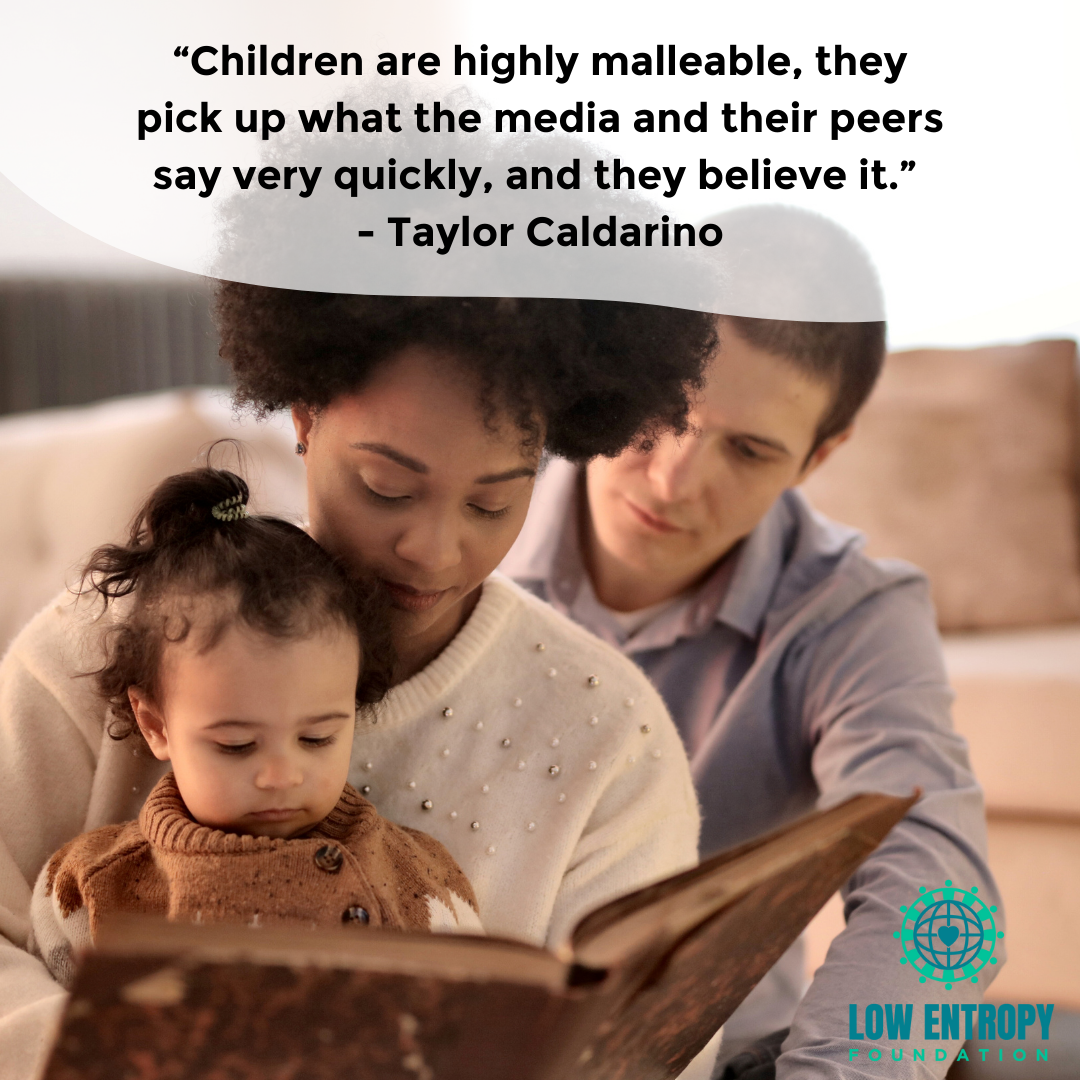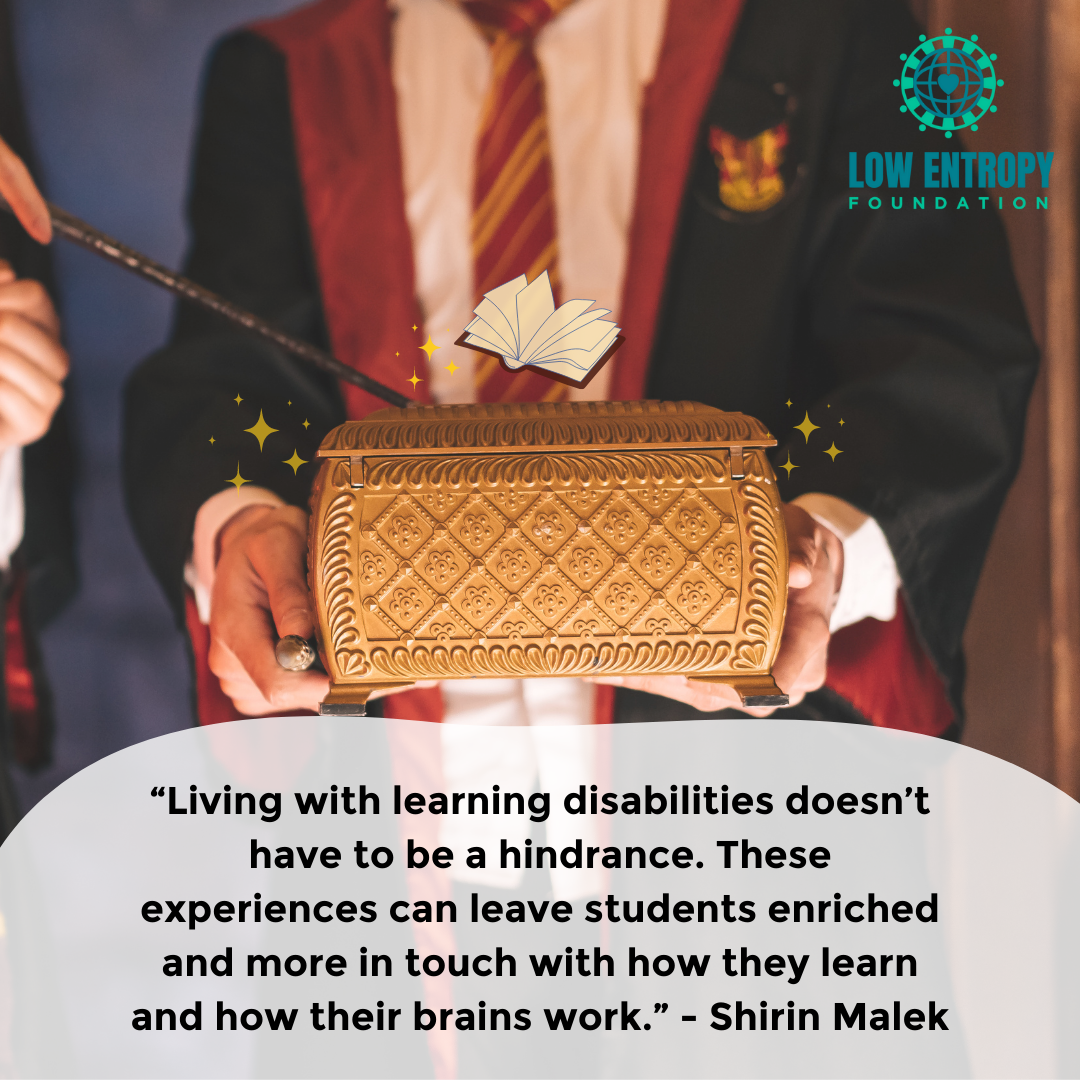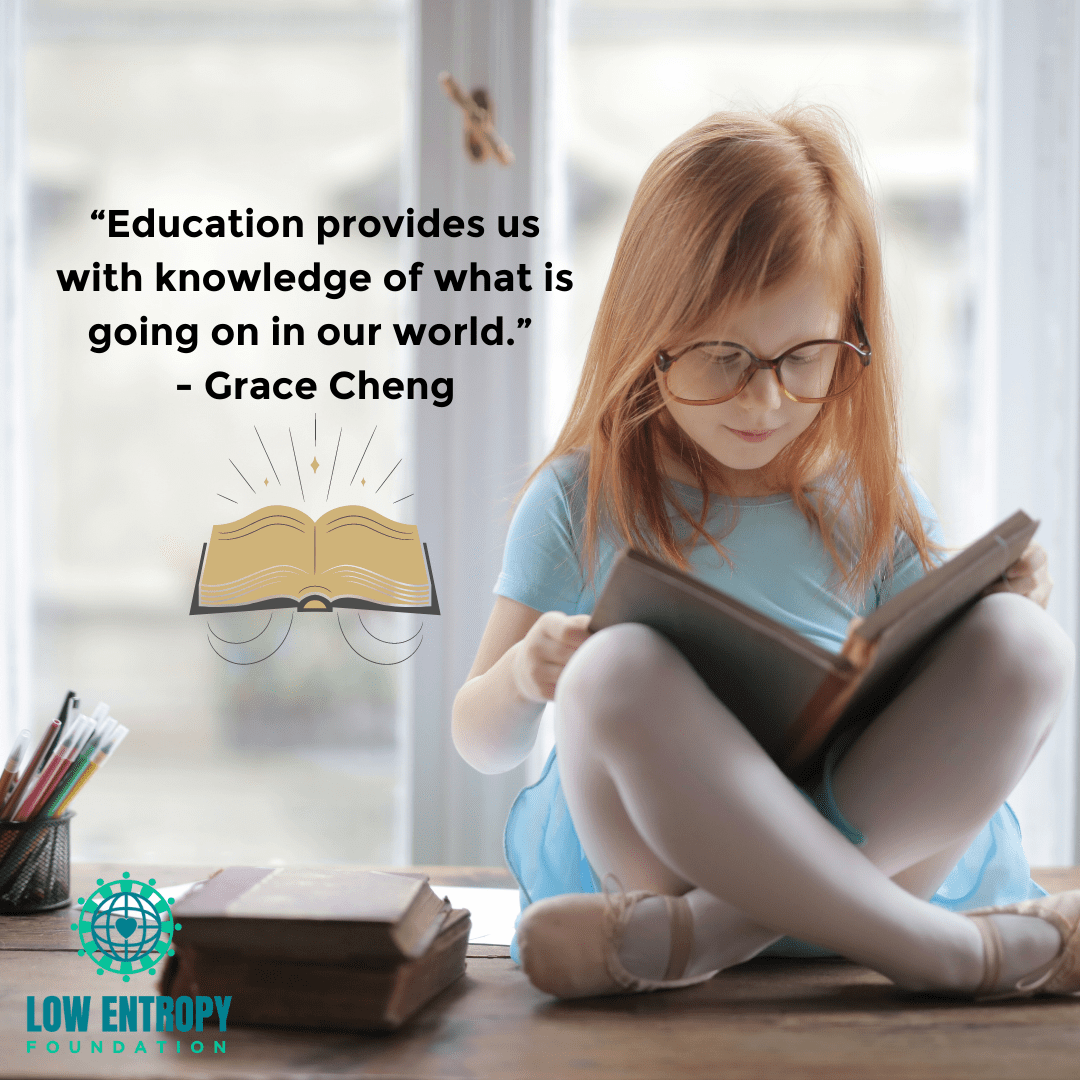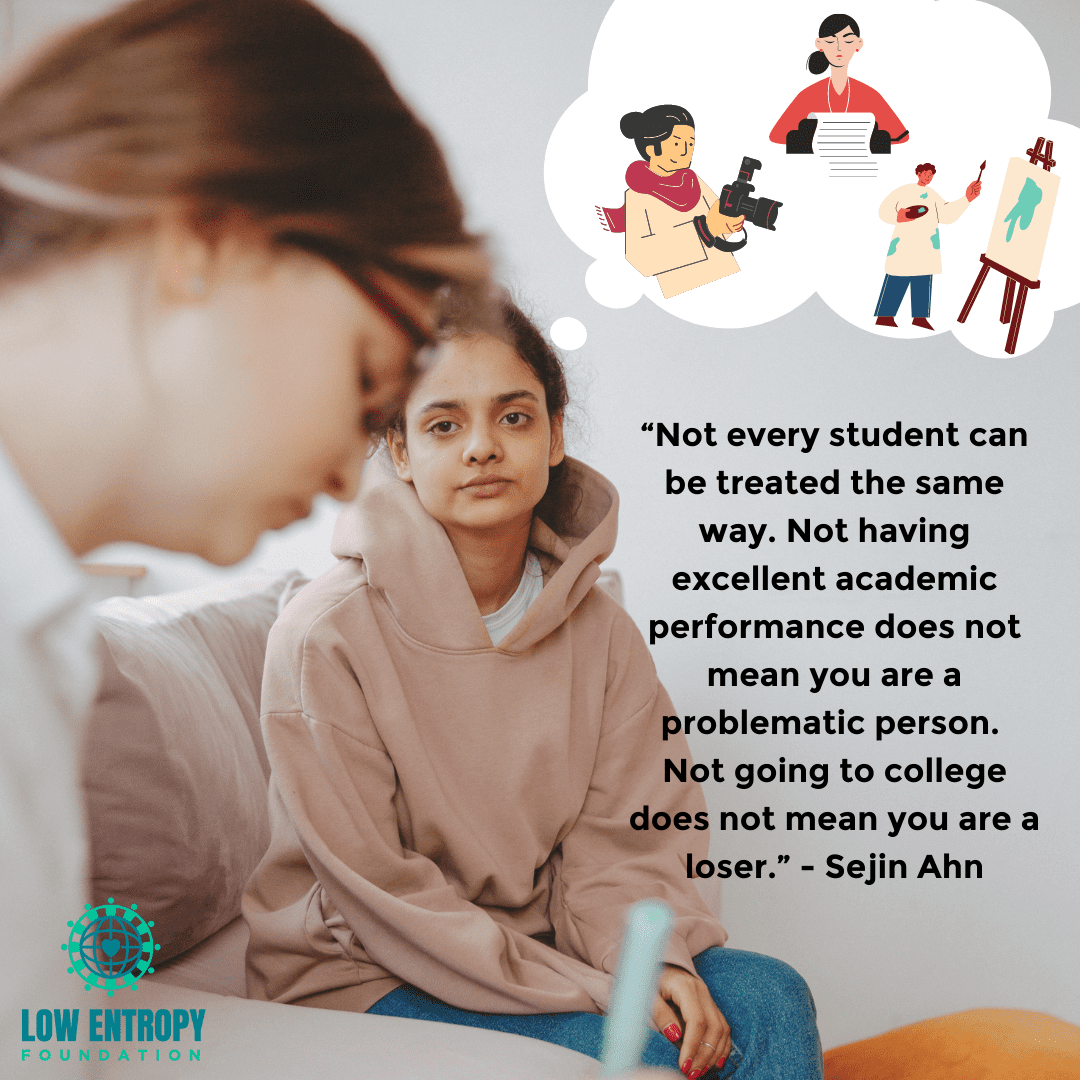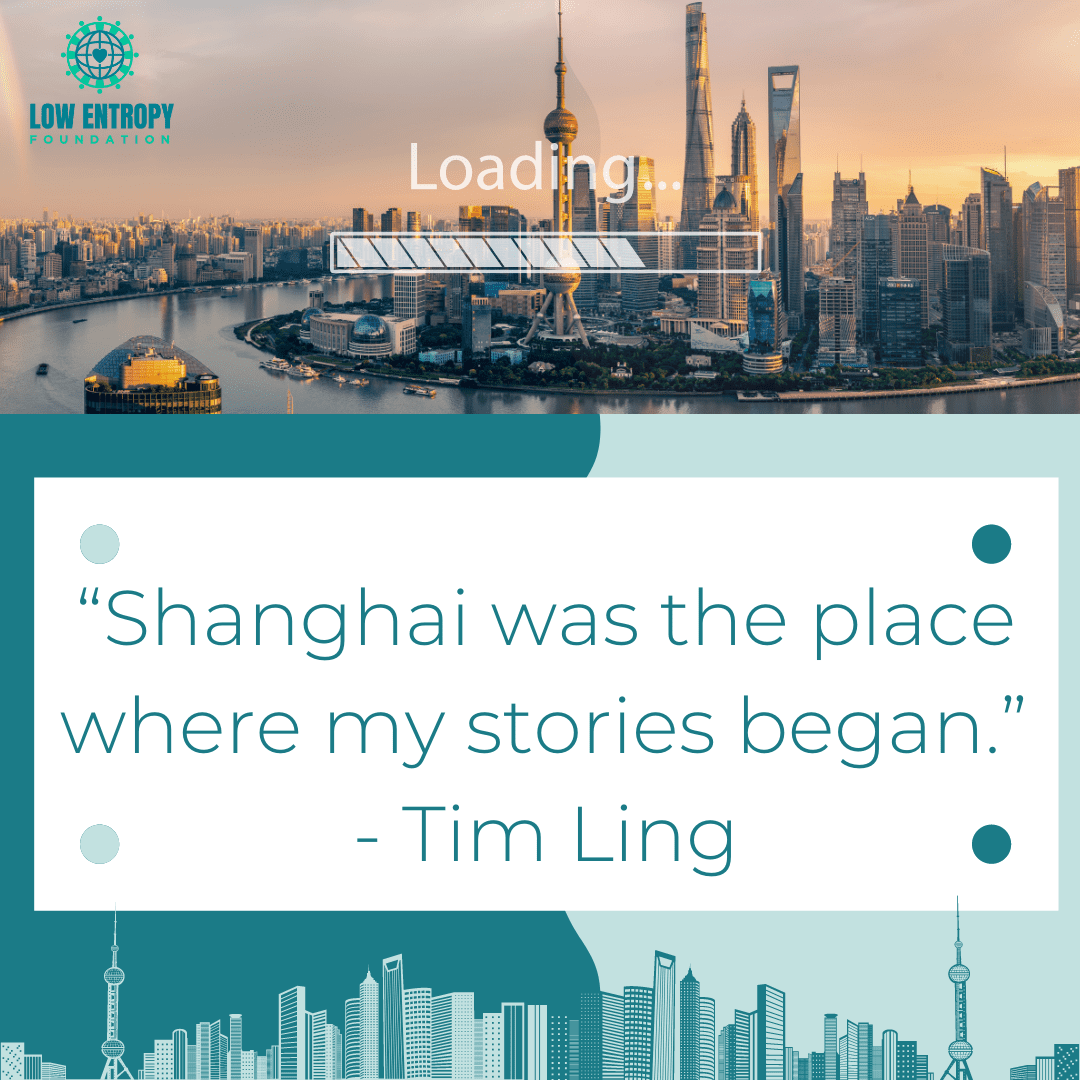Born in the bustle of a densely packed, hyper-competitive metropolis, Low Entropy Volunteer Writer Tim Ling takes us back to a childhood spent meeting the onerous demands of an exacting academic system – not only giving us a taste of what it was like, but showing how crucial and enduring friendships were forged in its crucible.
Before coming to Canada, I lived in Shanghai. It was the place where I grew from a baby crying in my mother’s arms to a 15-year-old young man. Shanghai was the city upon which I built each piece of my understanding of the world, this city that I had never left before. Until I left, I never realized that I could love a place so much.
Shanghai is a city with 27 million people. That’s like stuffing the whole population of Canada on Vancouver Island. In Shanghai, there’s never a lack of human resources.
Then again, having a large population comes with challenges. Competition was created, far more intense than what we have in Canada. One can be doing their job one day and be fired for no reason the next, just because there are so many people waiting to take their position. Workers often lack any sense of belonging in their companies, because there are likely any number of other companies willing to offer a better salary.
People don’t stay in one position for long – usually no more than a couple of years, in fact. You either get promoted, switch to a better company, or get kicked out. This is one reason why we call Shanghai the City of Opportunities. With people switching positions all the time, there’s always a chance that you find a better place.
The story I’m going to share today isn’t going to focus on the competition of Shanghai, but it’s going to be based on that.
As a kid I didn’t know how fierce the world was outside. We were like blank paper, waiting for the stories of our lives to be written. I spent the nine years from Grade 1 to Grade 9 learning concepts that made me who I am today.
When I was in school, students formed very close relationships. We were under a system that is quite different to the Canadian educational system. The sense of intense competition was present in schools from the moment you walked in. I still remember arriving in Grade 9 every day at 6:30 in the morning, studying for 12 continuous hours doing test papers and practice problems, and not leaving the classroom until 6:30 in the evening.
What we learnt was way more difficult than what is taught in Canada too. I was doing the equivalent of Grade 12 math in Grade 9. However, I didn’t feel stressed out then. I’d even say it felt pretty easy. Maybe it’s that I got used to it, but more likely, I believe that socializing with people around me helped me overcome that stress.
We were all students who bore too much at that young age. So, like patients in the same hospital ward, we felt very close to each other. After all, they were the only ones to accompany you while you did your 12-hour test sheets. We could always talk to each other and discuss problems. We’d even eat and nap together. We felt like one whole.
When we face difficulties, we won’t just stress out. We don’t even need to use words. I just turn my head around. I look at you. You are doing the same stuff I am doing. You are facing the same difficulty I am facing. You turn around and face me. We look into each other’s eyes and we smile. We are in this together.
There is this emotion built among us, like brothers and sisters, that made us lifelong friends. School is like a second home, where those classmates who have been through the hard times with you are your family members.
It was with those friends, who acted as an analgesic drug every time I fell, that I overcame this period of time.
Pretty strange for a Grade 9 like me to have built those kinds of relationships at the time, right? I felt surprised by it even then. I was full of resentment for the educational system we had, and thought, given a chance, I would never come back again.
Looking back, I realize that that system actually worked. When I later flipped open a Canadian Grade 10 textbook, only to find that I had already learnt everything in it in Grade 6, I was surprised, and joyful.
What’s more is that I now have a group of friends forged from deep, shared experiences. I would never have such friends if it weren’t for the nine years of education I got in Shanghai.
Shanghai was the place where my stories began. It is where I put hard effort into my studies and built my most important friendships. It is where I gained my most important understandings, and learnt how to socialize.
I fell in love with Shanghai, without noticing.
When was the last time you fell in love with a city or a culture? What was it that captured your heart? Get us dreaming about faraway lands and special places in the comments or at a Low Entropy meeting.







